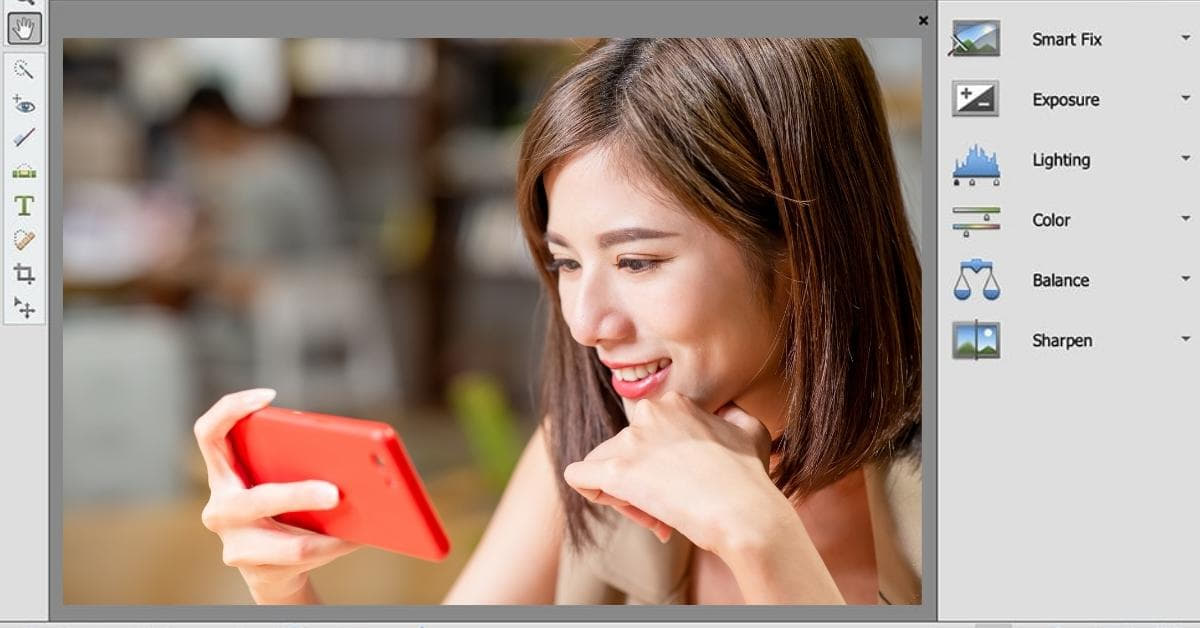In the ever-evolving world of digital photography and image editing, finding the right retouching software can make all the difference in enhancing your visuals. Whether you’re a professional photographer, a graphic designer, or an enthusiast looking to perfect your snapshots, the market offers a plethora of options. In this article, we’ll delve into the realm of retouching software, exploring the best ones that cater to various needs.
1. Adobe Photoshop:
Undoubtedly, Adobe Photoshop stands as a stalwart in the realm of retouching software. Known for its versatility and comprehensive set of tools, Photoshop allows users to retouch images with precision. From basic adjustments to intricate enhancements, this software remains a top choice for professionals worldwide.
2. Capture One:
Geared towards professional photographers, Capture One is renowned for its exceptional color grading and tethering capabilities. With an intuitive interface and powerful features, this software empowers users to achieve impeccable results, making it a preferred choice in the photography community.
3. Affinity Photo:
For those seeking a cost-effective alternative without compromising on functionality, Affinity Photo is a standout choice. This software offers advanced retouching tools, a user-friendly interface, and compatibility with various file formats, making it an excellent option for both beginners and seasoned editors.
4. Lightroom:
Adobe Lightroom is celebrated for its seamless integration with Adobe’s Creative Cloud ecosystem. Designed for photographers, Lightroom simplifies the retouching process with its user-friendly interface and non-destructive editing capabilities. It’s an excellent choice for organizing and enhancing large photo libraries.
5. DxO PhotoLab:
DxO PhotoLab distinguishes itself with its intelligent automatic corrections and a wide array of presets. The software leverages artificial intelligence to optimize images, making it an efficient tool for photographers looking to streamline their workflow while maintaining high-quality results.
FAQs
Is Adobe Photoshop CC suitable for beginners?
While Adobe Photoshop CC offers a plethora of advanced features, its user-friendly interface caters to both beginners and professionals. Various tutorials and resources are available to help users get started.
Can I use Capture One for purposes other than professional photography?
While Capture One is designed with professional photographers in mind, its robust features can benefit enthusiasts and amateurs looking to elevate their image editing skills.
Is Affinity Photo compatible with popular file formats?
Yes, Affinity Photo supports a wide range of file formats, ensuring compatibility with different types of images and projects.
How does Lightroom differ from Photoshop?
Lightroom focuses on photo organization, enhancement, and non-destructive editing, making it an ideal choice for photographers. Photoshop, on the other hand, offers a broader range of graphic design and manipulation tools.
Does DxO PhotoLab require an internet connection for use?
DxO PhotoLab does not require a continuous internet connection for regular use. However, some features may benefit from online access for updates and additional functionalities.
Conclusion
Selecting the best retouching software depends on your specific needs and skill level. Whether you opt for the industry-standard Adobe Photoshop CC, the professional-grade Capture One, the budget-friendly Affinity Photo, or the efficient DxO PhotoLab, each software brings its own unique set of features to the table. Experimenting with different options can help you find the perfect fit for your editing requirements.
This page was last edited on 22 February 2024, at 10:54 am
